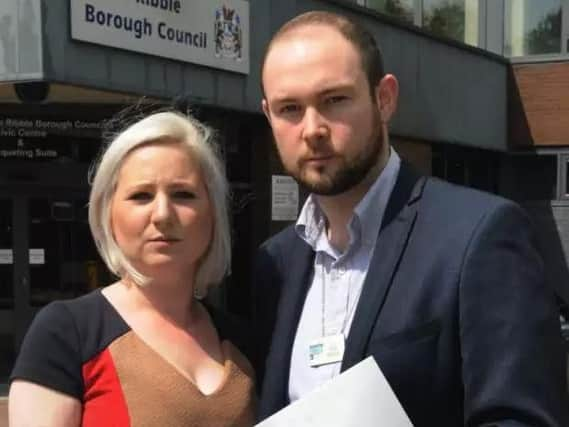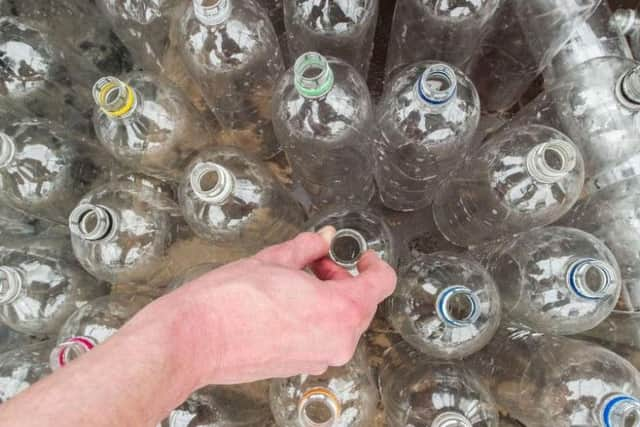End of the road for single use plastics after South Ribble Council vote


The motion, tabled by Coun Paul Wharton and seconded by Coun Claire Hamilton, was wholly backed at South Ribble Council’s full council meeting on Wednesday night (March 21), with all 44 present councillors voting in favour to end the reliance on plastic across the borough by the end of 2019.
Commenting prior to the vote, Deputy Leader Coun Colin Clark welcomed the move.
Advertisement
Hide AdAdvertisement
Hide AdSpeaking in the absence of Council Leader Coun Peter Mullineaux, Coun Clark said: “I give my full support to this motion. My career has been in the water industry and I am very concerned about plastics getting into our water supply.”


Coun Derek Forrest echoed the deputy leader, saying: “One thing that all the people in South Ribble can do immediately to reduce the amount of plastic use is to fall back on to drinking good Lancashire tap water.”
The council is now set to look into ending the purchase and procurement of single use plastics through its own supply chain, including cups and cutlery in council buildings.
It will also encourage the borough’s businesses, organisations and residents to follow suit, working with best practice partners to explore the creation of a ‘plastic free network’.
Advertisement
Hide AdAdvertisement
Hide AdCoun Keith Martin added: “We will need to look at pressuring those who produce the plastics; the transition will take time.”
The policy change comes as it was revealed that 90 percent of bottled water could be contaminated with millions of plastic micro-particles.